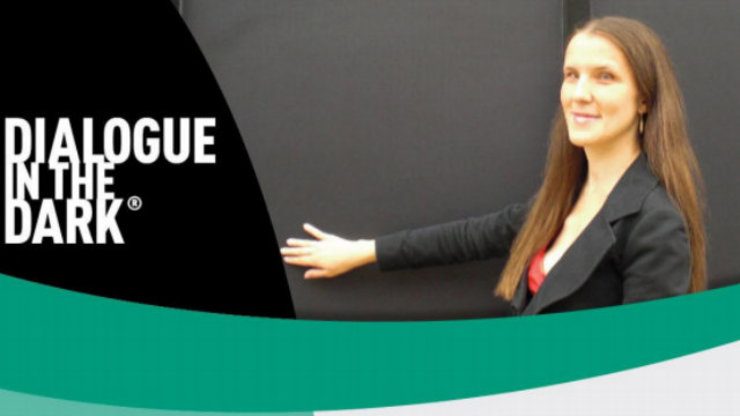SUMMARY
This is AI generated summarization, which may have errors. For context, always refer to the full article.

MANILA, Philippines – In the past few months, several scandals have underlined the Philippines’ image of being one of the most corrupted Asian countries.
The PDAF and DAP controversies are just two recent spotlights in the long history of fraud and corruption in the Philippines. A mentality of self-service, greed, and unscrupulousness is common and the question that needs to be answered is: What needs to be done to avoid this sort of individual misbehavior and societal harm?
The Philippines is facing the widespread consequences of wrongdoing by influential people from the public and private sector. But a long debate has also started about the responsibility of the institutions which prepare the talents who are entering such careers.
Business schools
In the wake of the 2008 financial crisis, business schools were especially accused of conveying the wrong content and promoting plain competency instead of improving character.
Thought leaders such as Henri Mintzberg (MIT), Joel Podolney (Apple University) and Rakesh Kurana (Harvard Business School) argued for building “Managers not MBAs” and asked critical questions about whether business schools are to be blamed. But the crisis has had a positive aspect as it was able to clearly show the vulnerability of our ecosystem, forcing us to speed up the finding of solutions to guarantee peace and wealth – meant as a basic standard of life in dignity – for future generations and ourselves.
The guiding question is: Which competencies do managers need to acquire to become responsible leaders?
The focus needs to be set on individual management and the encouragement of a demeanor based on trust, honesty, respect, integrity, authenticity, and empathy.
These sorts of values cannot be transmitted through textbooks only. New teaching methodologies based on experiential learning need to take root. One of the most impactful and innovative tools for leadership development is called Dialogue in the Dark and will be launched at the Asian Institute of Management in Manila on August 1st.
Dialogue in the Dark
The basic concept is fairly simple: participants of the workshops are guided into a completely darkened classroom – a room so dark that they can’t even see their hands right in front of their eyes.
The sudden withdrawal of vision forces everyone to accept his or her limits and vulnerability.
The good news is that no one is left alone in such an uncommon and scary environment. Blind people facilitate the workshops and guarantee guidance and security. This role swap – the sighted become blind during the duration of the workshop, while the blind people gain sight – is one of the main factors of success.
Participants gain new insight into their lives and reconsider preconceptions about who should actually be considered abled and disabled by society.
Darkness is an excellent medium for learning. It is an equalizing and amplifying medium that stimulates the right brain with intuition, emotions, and creativity more than analytical thinking.
All participants of Dialogue workshops communicate more actively because without engaging in conversation, they virtually would not exist. The dialogue is the bond that creates trust among them, even though they do not see each other.
It is a humbling experience that manages to empower people as they come to understand the importance of togetherness and empathy.
They learn to think outside of the box and find creative solutions by taking advantage of their non-visual senses and improved coping mechanisms.
Philippine managers and leaders would also benefit from such an experience. Hopefully they will join the Dialogue in the Dark business workshop and come to understand that only through trust, togetherness, and empathy, can high objectives be achieved under very complicated circumstances.
A little more than 30,000 managers of multinational companies, such as Google, Unilever, DBS, HSBC, Microsoft or Philipp Morris go through this life-changing experience each year.
For more information on the Dialogue in the Dark activities, visit this page.
– Rappler.com
Andreas Heinecke is a social entrepreneur & professor of Social Business in the EBS Business School in Germany.
Add a comment
How does this make you feel?
There are no comments yet. Add your comment to start the conversation.